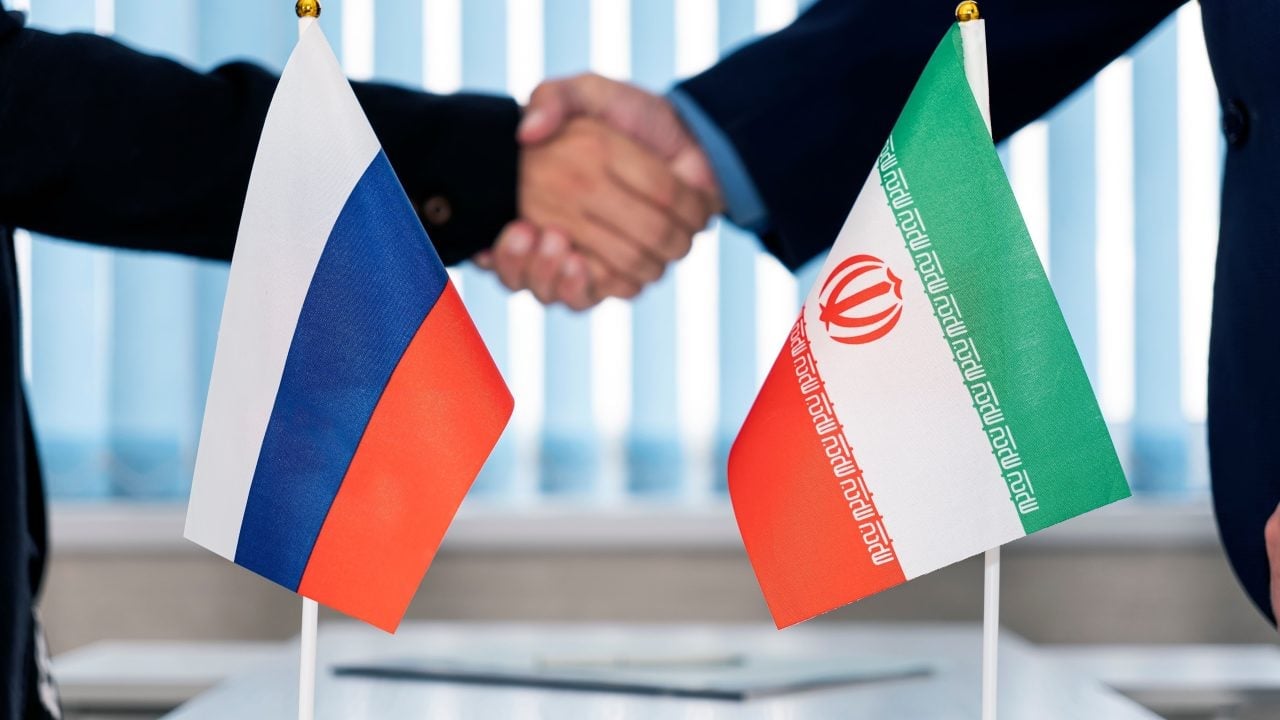
Ali Shamkhani, secretary of Iran’s National Security Council, has claimed that recent bilateral cooperation efforts between his country and Russia are contributing to making US sanctions useless globally. The official noted that many other countries are also on this course of action: abandoning the hegemony of the US dollar.
Senior Iran Security Official Says Ongoing De-Dollarization Efforts Will Make Sanctions Futile
Ali Shamkhani, Secretary of Iran’s National Security Council, issued his opinion on the effect that bilateral agreements and recent global de-dollarization efforts will have on the effectiveness of US sanctions. In a meeting with Russian officials, Shamkhani explained that recent bilateral developments between Iran and Russia, involving monetary and banking issues, are crucial to “dooming the West’s illegal sanctions to failure,” according to Xinhua.
At the same time, Shamkhani referred to other de-dollarization movements around the world, noting that many other countries have also started down this path. Iran has faced US sanctions since 1979, which were lifted during the period 1981-1987, only to be re-enacted and maintained ever since.
The two countries, which are two of the most US-sanctioned nations in the world, are on the verge of ending a comprehensive strategic agreement that would further push for integration between their economic systems, moving away from Western influence and the influence of the US dollar in their business operations.
The establishment of sanctions and the so-called weaponization of the US currency have been brought into the spotlight recently, being criticized for their negative effect on the status of the US dollar as a reserve currency.
Jeffrey Sachs, a well-known economist, recently claimed that other countries fear the confiscation of their dollars if they enter into a political disagreement with the US. Jim Rickards, economist and author of “Currency Wars”, has also criticized US behavior. Treasury in this regard, stating that it was the biggest enemy of the dollar as a reserve currency.
Sanctions that unite them
According analysts, the continued enactment of sanctions, as well as the need to trade for goods that cannot be imported due to the restrictions, has brought these two nations close together. Not many companies or entities are willing to risk facing secondary economic sanctions, so they choose to cut ties with Russia and Iran, even abandoning lucrative deals.
In fact, the latest round of sanctions applied to Iran on March 2, is aimed at several international companies accused of being involved in the transport or sale of Iranian oil and petrochemicals.
That is why the two nations are working to establish the International North-South Transport Corridor, a multilateral framework runner made up of more than 7,200 km of roads, railways and maritime communication routes, which would facilitate trade between Russia, Azerbaijan, Iran and India, in addition to opening the possibilities of access to Central Europe as well.
What do you think about the recent de-dollarization efforts and the bilateral agreements between Iran and Russia to avoid sanctions? Tell us in the comment section below.
image credits: Shutterstock, Pixabay, Wiki Commons
Disclaimer: This article is for informational purposes only. It is not a direct offer or a solicitation of an offer to buy or sell, or a recommendation or endorsement of any product, service or company. bitcoin.com does not provide investment, tax, legal or accounting advice. Neither the company nor the author is responsible, directly or indirectly, for any damage or loss caused or alleged to be caused by or in connection with the use of or reliance on any content, goods or services mentioned in this article.
 NEWSLETTER
NEWSLETTER




